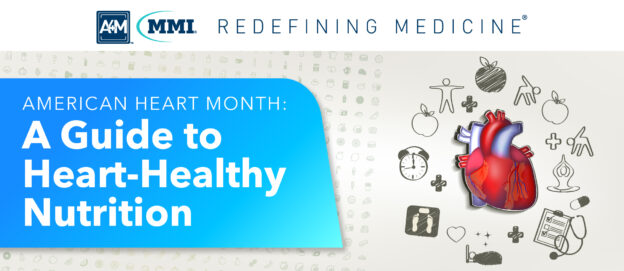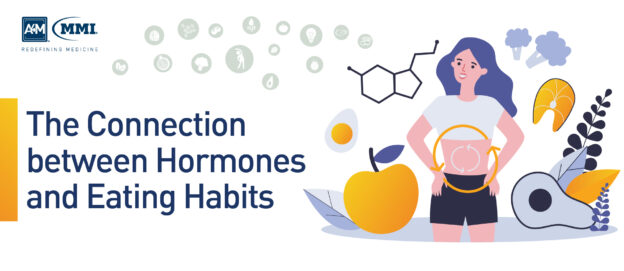March marks the beginning of National Nutrition Month, an annual campaign focused on expanding awareness and education, promoting informed dietary choices, and helping the population develop healthful eating and physical activity habits.
From a functional medicine perspective, nutrition plays a crucial role in overall health and can be leveraged as part of an integrated approach to prevent, manage, and treat diseases. Even slight changes in dietary habits can significantly benefit patient well-being, outcomes, and age-related disease risk. A recently published New York Times article outlined five nutrition-based tips that can be easily implemented to promote healthy aging.



